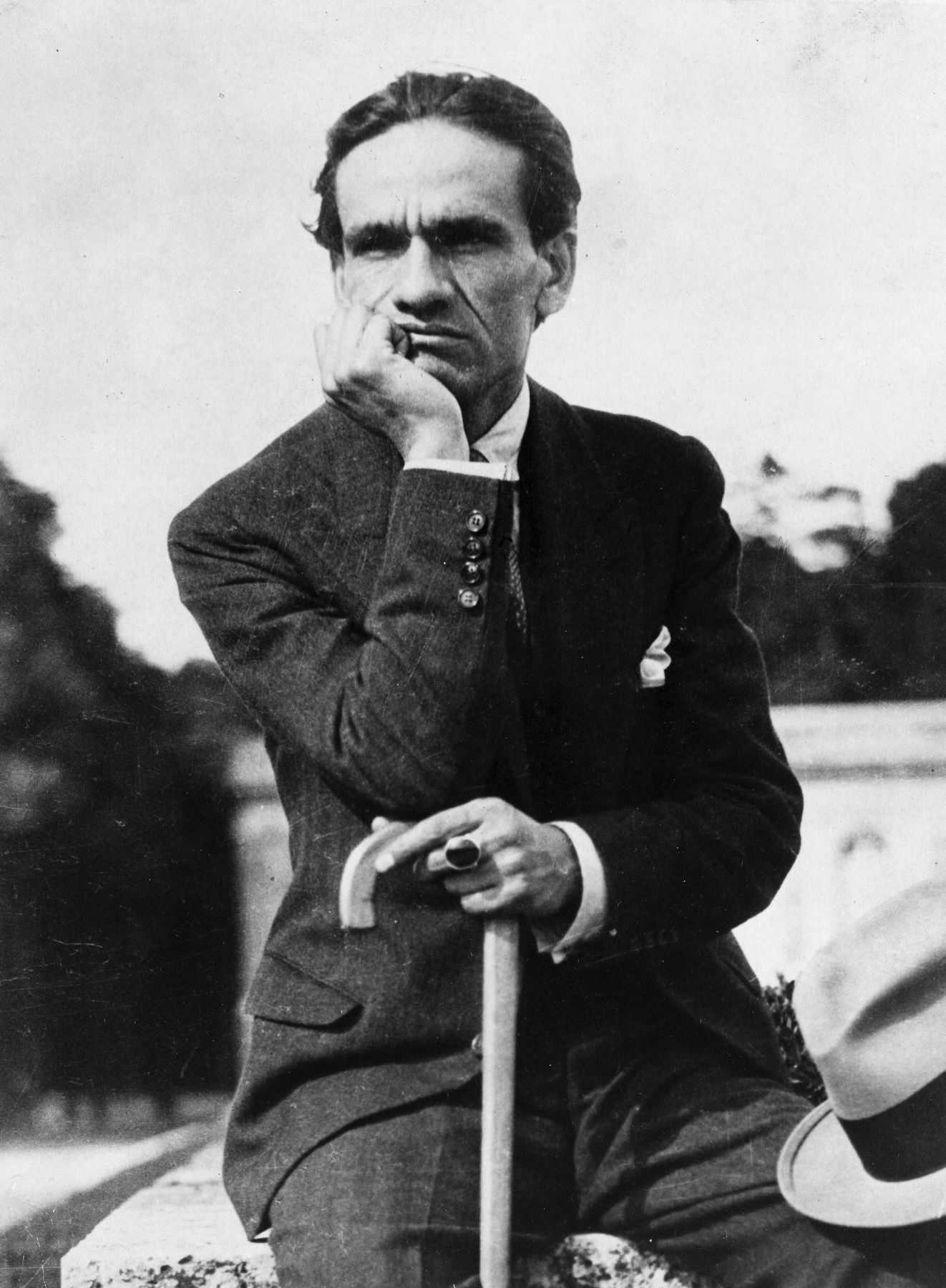“Intellectuals are rebels, not revolutionaries.”
Los intelectuales son rebeldes, pero no revolucionarios.
Source: Aphorisms (2002), p. 18
César Abraham Vallejo Mendoza was a Peruvian poet, writer, playwright, and journalist. Although he published only three books of poetry during his lifetime, he is considered one of the great poetic innovators of the 20th century in any language. He was always a step ahead of literary currents, and each of his books was distinct from the others, and, in its own sense, revolutionary. Thomas Merton called him "the greatest universal poet since Dante". The late British poet, critic and biographer Martin Seymour-Smith, a leading authority on world literature, called Vallejo "the greatest twentieth-century poet in any language." He was a member of the intellectual community called North Group formed in the Peruvian north coastal city of Trujillo.
Clayton Eshleman and José Rubia Barcia's translation of The Complete Posthumous Poetry of César Vallejo won the National Book Award for translation in 1979.
Wikipedia

“Intellectuals are rebels, not revolutionaries.”
Los intelectuales son rebeldes, pero no revolucionarios.
Source: Aphorisms (2002), p. 18
Las artes (pintura, poesía, etc.) no son solo éstas. Artes son también comer, beber, caminar: todo acto es un arte.
Source: Aphorisms (2002), p. 60
“The pure and poorly adapted one who crashed against the world of fakes and cheats.”
El puro y desadaptado que choca con el mundo de las farsas y de las apañucias.
Source: Aphorisms (2002), p. 32
La mecánica es un medio o disciplina para pealizar la vida, pero no es la vida misma. Esa debe llevarnos a la vida misma, que está en el juego de sentimentos o sea en la sensibilidad.
Source: Aphorisms (2002), p. 53